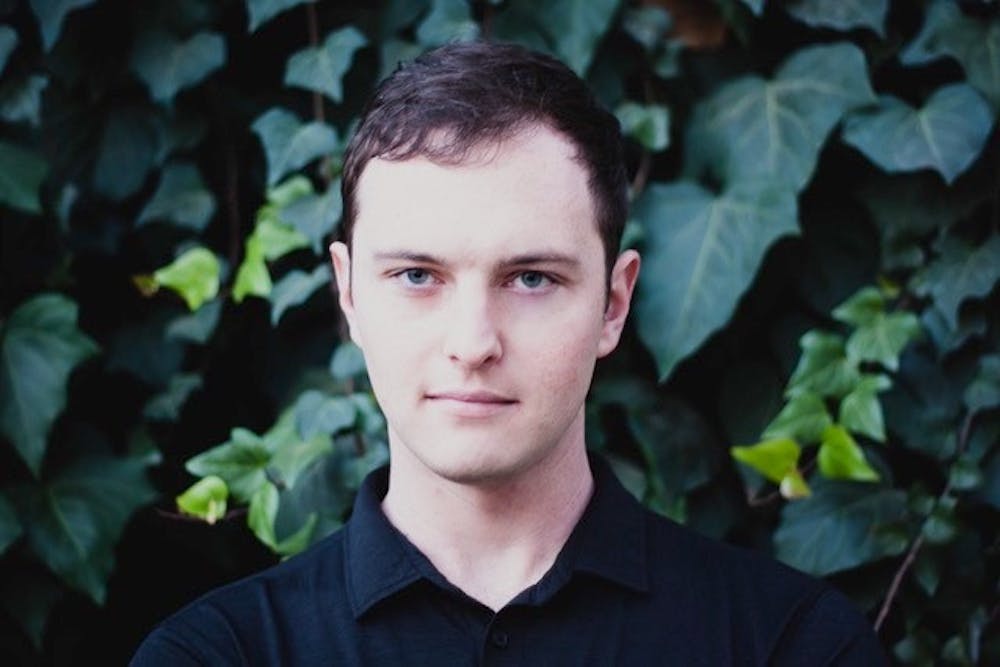Dare to be wise

Editor’s Note: This is a guest opinion that has been submitted by a member of the Rice community. The views expressed in this opinion are those of the author and do not necessarily represent or reflect the views of the Thresher or its editorial board. All guest opinions are fact-checked to the best of our ability and edited for clarity and conciseness by Thresher editors.
In the 18th Century, Immanuel Kant (often considered the central figure in modern philosophy) used the phrase Spaere aude in a 1784 essay titled “Answering the Question: What is Enlightenment.” Translated from Latin, it means “dare to know,” or in some cases, “dare to be wise.” Kant argued our inability to think for ourselves was due to fear, not due to a lack of intellect. In the opening paragraph of his essay, Kant states “Have the courage to use your own reason—that is the motto of enlightenment.”
Have you ever been afraid to ask a question or participate in a discussion, inside or outside the classroom, out of fear? I know I have. Ironically, my fear of appearing uneducated or uninformed was holding me back from becoming informed. I was so caught up in avoiding ridicule or making a mistake that I became a passive observer in my education instead of taking an active role. And I’m not alone: as David Getter wrote from his experience, “Students have withdrawn from discussions to which they might otherwise meaningfully contribute and suppressed their views for the sake of maintaining their standing.” Furthermore, several of my friends and classmates lament that they can only discuss certain topics in the safety of a classroom. When we stop engaging and asking questions, we prioritize our own comfort over our intellectual development. Instead, as Rice’s new campaign encourages, we should “Be Bold” and cast ourselves into the learning process.
Of course, none of this occurs in a vacuum, and I am concerned that in our current landscape of increased political polarization, there is now more at stake than just being wrong. By expressing an idea or engaging in the learning process, we may fear being judged, losing our friends and even verbal and physical harassment. For example, a recent trending post on Fizz had multiple comments encouraging the poster to dox their classmate due to their controversial views on sexual assault. Silencing perspectives using shame or fear is ineffective at changing or opening minds and antithetical to the academic freedom integral to the university (See Rice’s policy). Furthermore, Rice’s faculty handbook affirms, “Where people hesitate to speak their mind, critical thinking has no purchase, and the university cannot even begin to carry out its mission.”
Maintaining a diverse learning environment is not an easy task. It requires a confidence in the efficacy of reason over manipulation: that the dialectic method of considering diverse viewpoints and experiences can help us arrive at truth. And finally, it requires the humility that we may be wrong ourselves. But to me, there is value in learning how to listen, engage with and argue against ideas, even those we think are harmful. Perhaps wisdom isn't so much about the state of being right as it is the process of engaging with others and asking the right questions. With that being said, the way we express our ideas and the language we choose can impact others, so I believe we should also do our best to be charitable and kind when interacting with our peers.
Working together, we can create a culture where we are not afraid to think for ourselves by embracing opportunities to make mistakes, learning from them and celebrating our peers when they do the same. We can normalize the process of improvement by admitting when we have changed our minds, been wrong or done poorly on an assignment or exam. In classroom discussions, students and faculty can welcome different viewpoints and perspectives, even if they do not agree with them. Offering kindness and respect towards classmates and peers can help them overcome their fear of participating in a discussion. Furthermore, we don’t have to agree with everything someone believes to be friends with them. Lastly, we can practice being kind to ourselves when we are wrong or make a mistake. I strongly believe we should make the most of the valuable but limited time we share with our fellow students and professors.
I challenge my fellow Owls and myself: dare to be wise.
More from The Rice Thresher
Rice University philosophy professor Tim Schroeder on textbook piracy
The question of the week asks, “Is it ethical to pirate textbooks for my college courses?”
Recent H&D decisions are eroding trust between students and administration
What you read below was intended to be presented at the Housing and Dining Town Hall on September 1, 2 to 4 p.m. Instead of presenting this, students patiently waited in the heavy downpour, expecting their voices to be heard, but a formal cancellation of the Town Hall was not issued until about half an hour afterward via Instagram.
Make Rice a tailgating school again
What seems to be the last Bayou Bucket Classic is in three days. Will students show up for the crosstown rivalry?


Please note All comments are eligible for publication by The Rice Thresher.